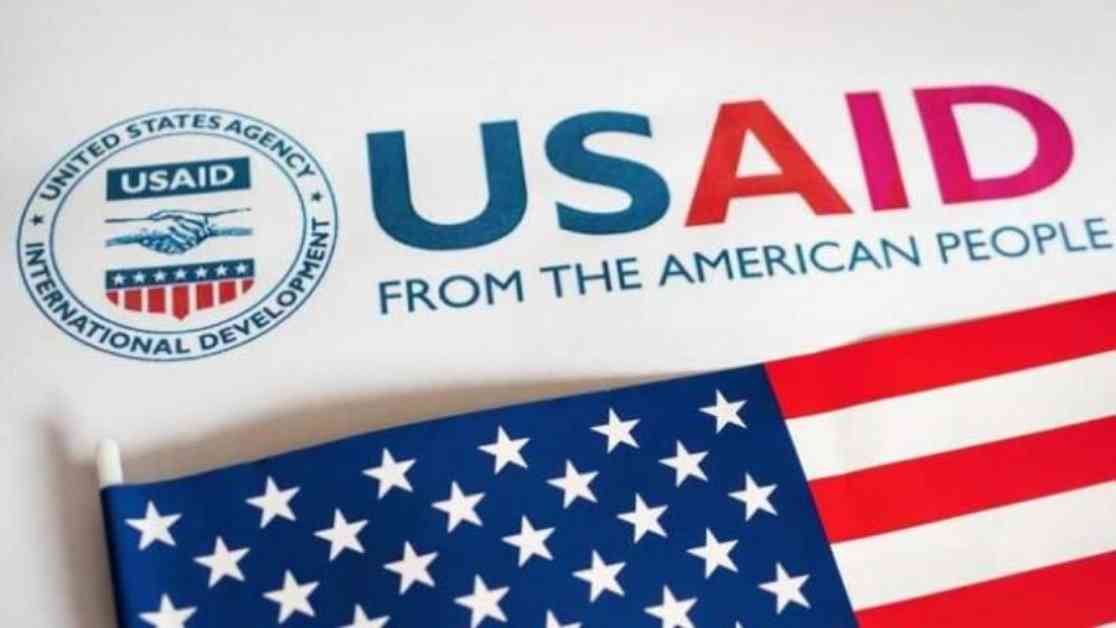A significant development has emerged that could have far-reaching consequences for vulnerable populations in Afghanistan, Bangladesh, and Pakistan. The United States Agency for International Development (USAID) recently froze funding, resulting in the suspension of critical services provided by the United Nations Population Fund (UNFPA) in the region. This decision is expected to have a devastating impact on maternal and reproductive health in these countries, potentially leading to a significant increase in maternal deaths and unintended pregnancies. Amidst growing concerns about the repercussions of this funding cut, experts are voicing their apprehensions and highlighting the urgent need for sustained support to safeguard the health and well-being of women and girls in crisis situations.
**Unfolding Crisis: Impact on Maternal Health**
The ramifications of the USAID funding freeze are particularly dire in Afghanistan, where maternal mortality rates are already alarmingly high. According to Pio Smith, the regional director for Asia and the Pacific at UNFPA, the absence of US support is projected to result in an additional 1,200 maternal deaths and 109,000 unintended pregnancies between 2025 and 2028. These staggering figures underscore the vital role that international aid plays in saving lives and promoting reproductive health in conflict-affected regions. Smith emphasized the critical need for continued funding to sustain essential services that address the pressing health needs of women and girls in Afghanistan, Bangladesh, and Pakistan.
**Navigating Uncertainty: Challenges and Responses**
The sudden halt in funds committed to UNFPA by USAID has taken many aid workers and health professionals by surprise. Smith expressed his concerns regarding the significant loss of funding, particularly for programs focused on maternal and reproductive health and psychosocial support. The unforeseen nature of this funding cut has created uncertainty and anxiety among those working on the frontlines of humanitarian aid. Efforts to mitigate the risks associated with reduced financial support are underway, but the scale of the challenge remains daunting. UNFPA estimates that over $308 million is required this year to sustain essential services in the three affected countries, highlighting the urgent need for renewed commitments to safeguard the health and well-being of vulnerable populations.
The current situation underscores the interconnectedness of global health and development efforts, underscoring the vital importance of international cooperation and solidarity in addressing complex challenges. As the impact of the USAID funding freeze reverberates across Afghanistan, Bangladesh, and Pakistan, the need for sustained support and collaborative action is more pressing than ever. The fate of thousands of women and girls, whose lives are at stake, hinges on the timely intervention and unwavering commitment of the international community to uphold their right to health and well-being. In the face of adversity, resilience and solidarity must prevail to ensure that no woman or girl is left behind in the pursuit of a healthier, more equitable world.









